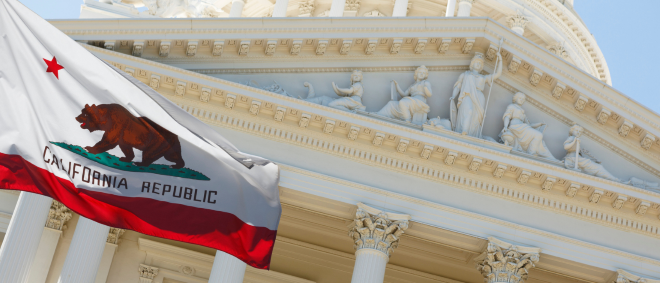In 2022, Washington D.C. voters passed Initiative 82, or the “District of Columbia Tip Credit Elimination Act,” which later became law in February 2023. As we previously reported, the law will gradually phase out the “tip credit” that allows employers to pay tipped employees a lower wage while using gratuities to cover the difference between the lower wage and Washington D.C.’s minimum wage. Under this law, the tip credit is set to be gradually phased out by 2027, at which time employers will be required to pay tipped employees the Washington D.C. minimum wage.Continue Reading Washington D.C. Attorney General Offers Guidance for Restaurant Employers Amidst Spike in Service Fees







